Optimal Timing for Brick Tuckpointing
Brick tuckpointing is a vital process for maintaining the structural integrity and appearance of brick masonry. Proper timing ensures effective repair and longevity of the work. Weather conditions, temperature, and humidity significantly influence the quality of tuckpointing projects.
Spring and fall are generally the best seasons for tuckpointing due to moderate temperatures and lower humidity, which facilitate proper mortar curing.
Tuckpointing should be performed when temperatures are consistently between 40°F and 85°F to prevent mortar from drying too quickly or too slowly.
Avoid tuckpointing during rainy, freezing, or extremely hot weather, as these conditions can compromise mortar adhesion and curing.
A window of stable, mild weather lasting several days is ideal for completing tuckpointing projects effectively.
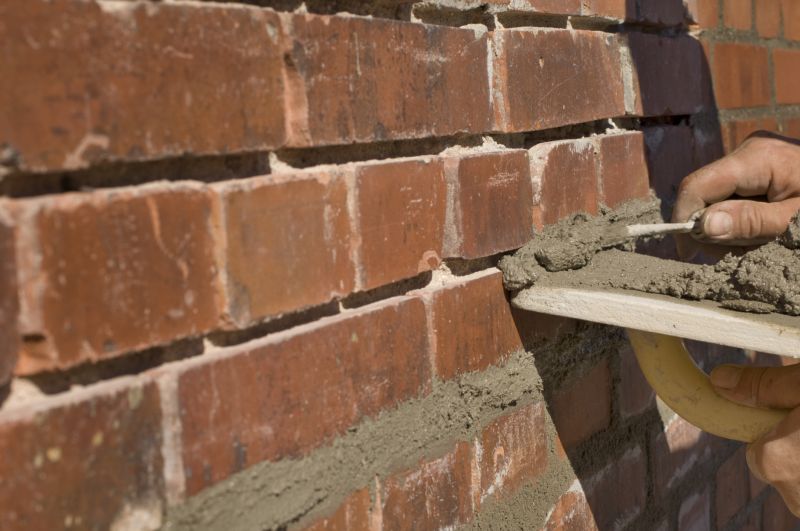
Early spring offers optimal conditions for tuckpointing projects, with moderate temperatures and lower precipitation.
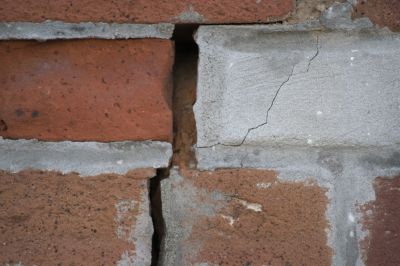
Autumn provides a stable environment for mortar curing, reducing the risk of weather-related issues.
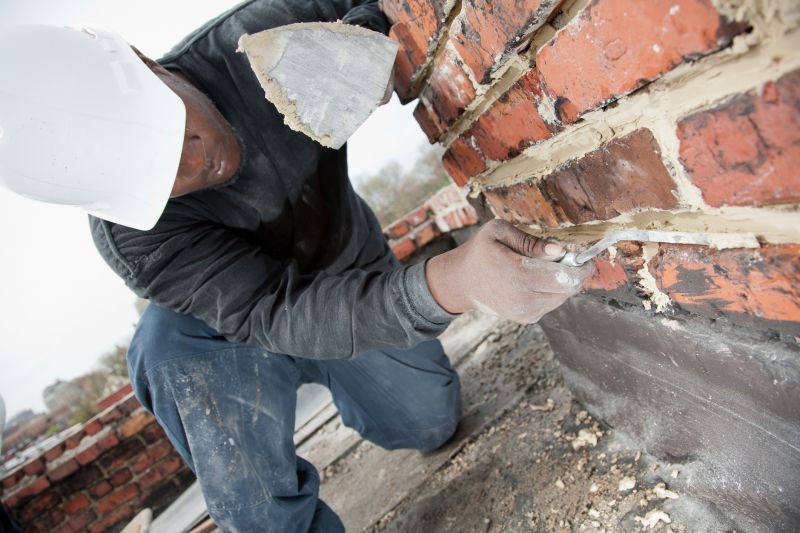
Consistent, mild weather with minimal rain and moderate temperatures supports successful brick repair.
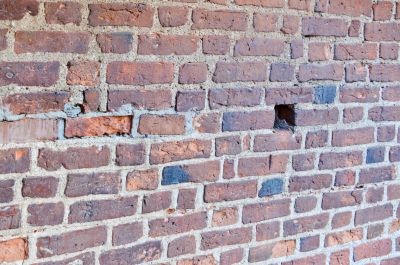
Ways to make Brick Tuckpointings work in tight or awkward layouts.
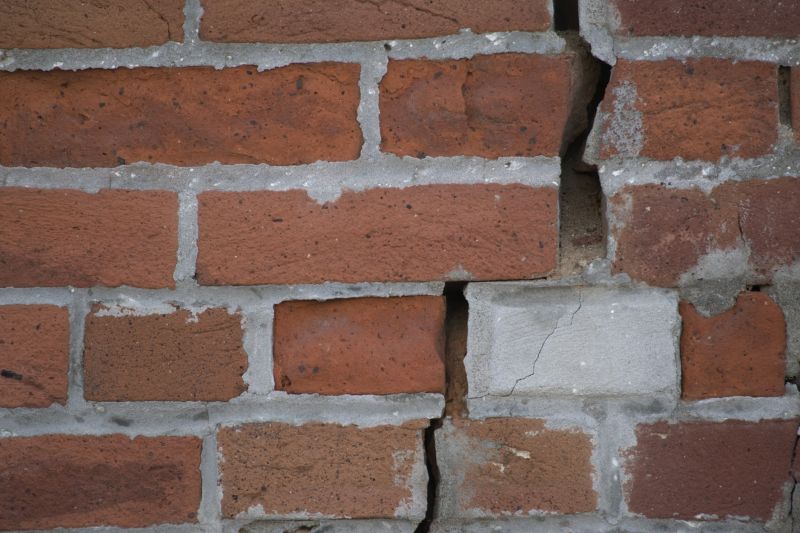
Popular materials for Brick Tuckpointings and why they hold up over time.
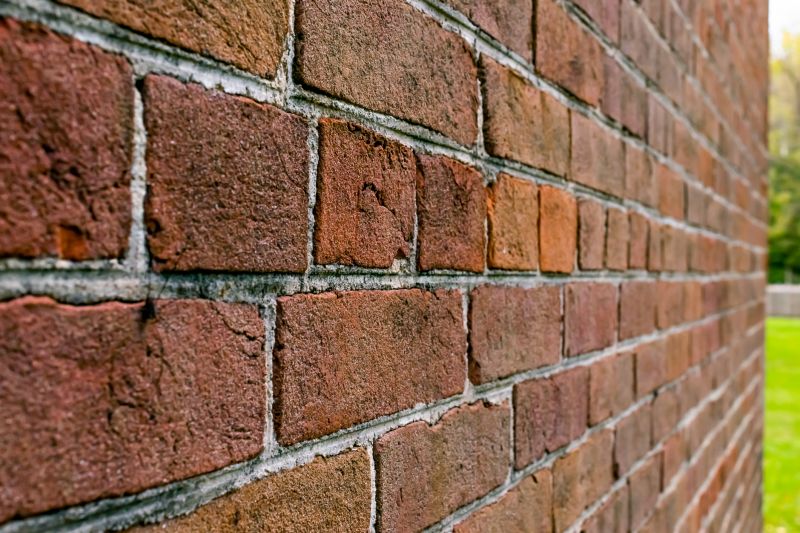
Simple add-ons that improve Brick Tuckpointings without blowing the budget.
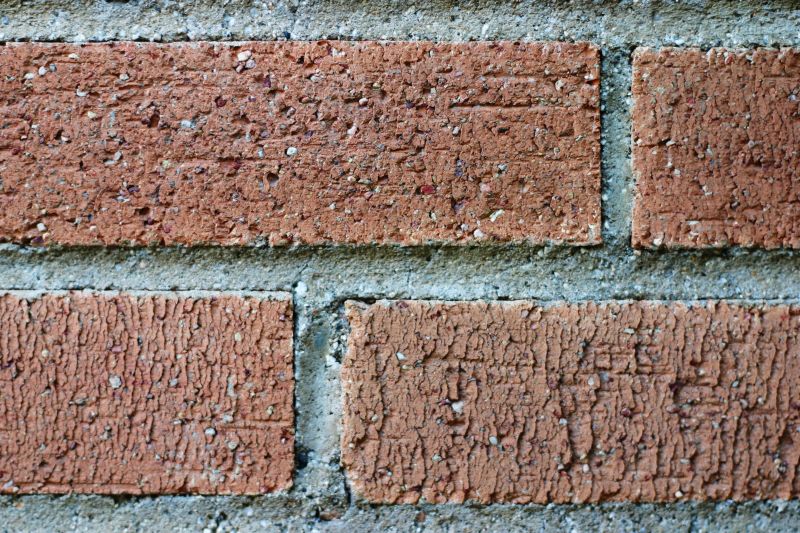
High-end options that actually feel worth it for Brick Tuckpointings.
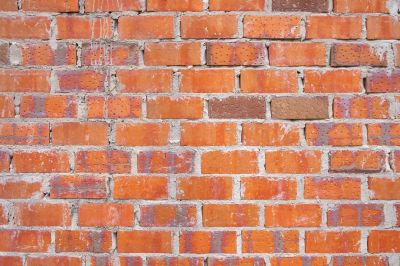
Finishes and colors that play nicely with Brick Tuckpointings.
Brick tuckpointing involves renewing the mortar joints between bricks to improve the wall's appearance and prevent water infiltration. Properly executed tuckpointing enhances the durability of brick structures and can significantly extend their lifespan. The process requires careful attention to weather conditions, as mortar needs adequate curing time in suitable environments to achieve optimal strength and adhesion.
| Season | Recommended Conditions |
|---|---|
| Spring | Moderate temperatures, low humidity, and dry weather |
| Fall | Stable weather with mild temperatures and low precipitation |
| Summer | Only suitable during early mornings or late evenings when temperatures are cooler |
| Winter | Not recommended due to freezing temperatures and moisture risks |
| Rainy days | Avoid entirely to prevent mortar washout or improper setting |

Spring's mild weather allows for effective mortar curing and durable results.

Fall provides optimal conditions for tuckpointing before winter sets in.

High temperatures and humidity can hinder mortar setting and curing.

Cold weather can cause mortar to freeze, compromising adhesion and strength.
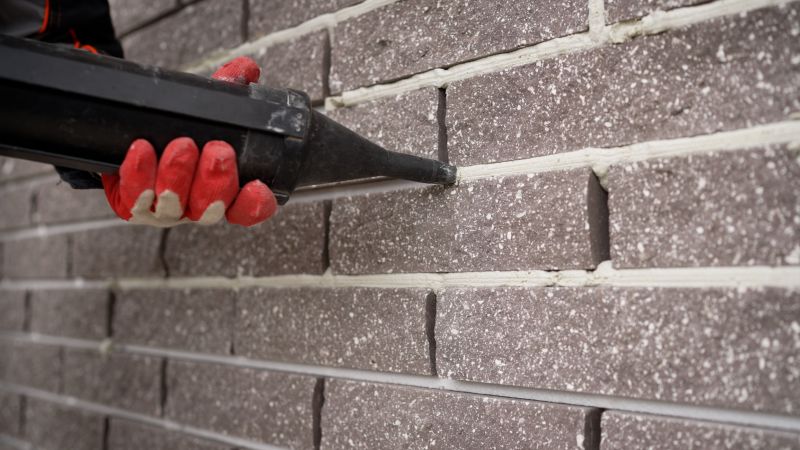
Little measurements that prevent headaches on Brick Tuckpointings day.
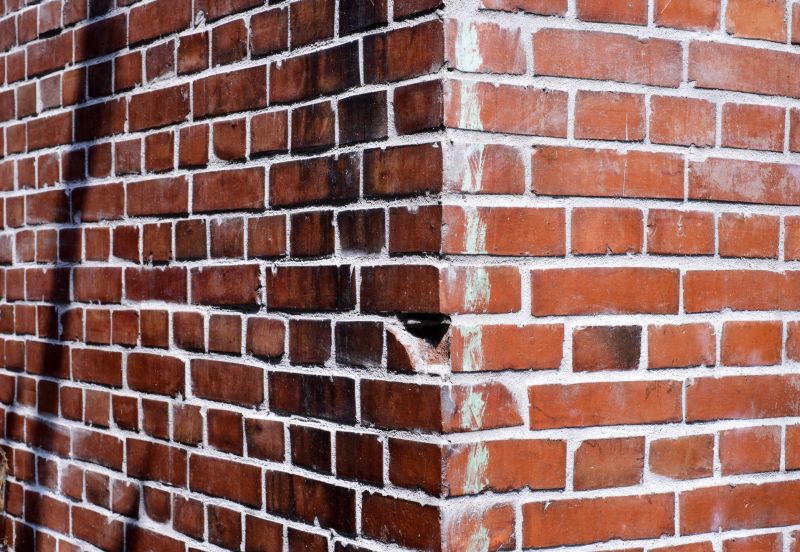
A 60-second routine that keeps Brick Tuckpointings looking new.
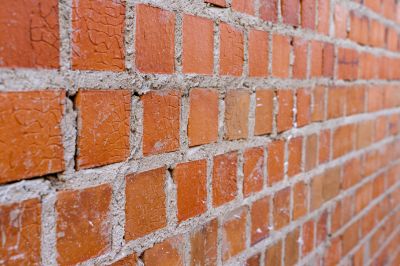
A frequent mistake in Brick Tuckpointings and how to dodge it.
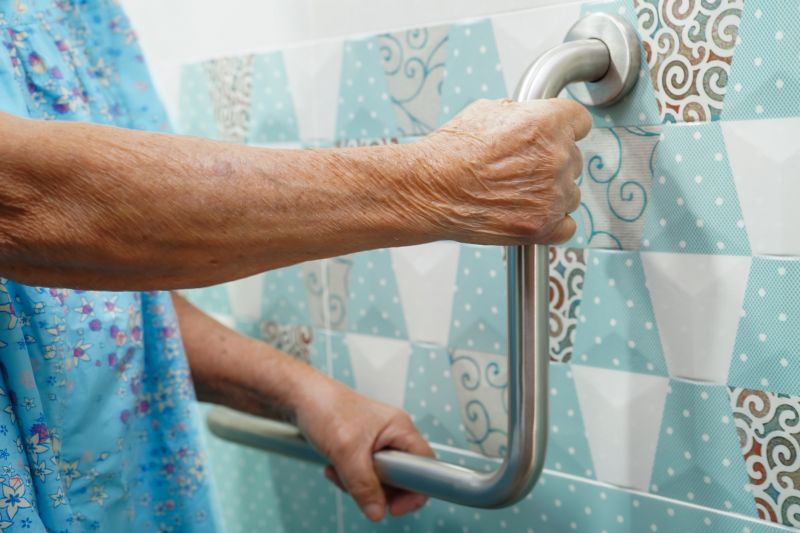
Small tweaks to make Brick Tuckpointings safer and easier to use.
Scheduling tuckpointing projects during appropriate seasons ensures better adhesion, longer-lasting results, and fewer weather-related delays. Consulting with masonry professionals can help determine the best timing based on local climate conditions.
Interested in brick tuckpointing services? Filling out the contact form provides a way to discuss specific project needs and schedule work during the optimal season for best results.



